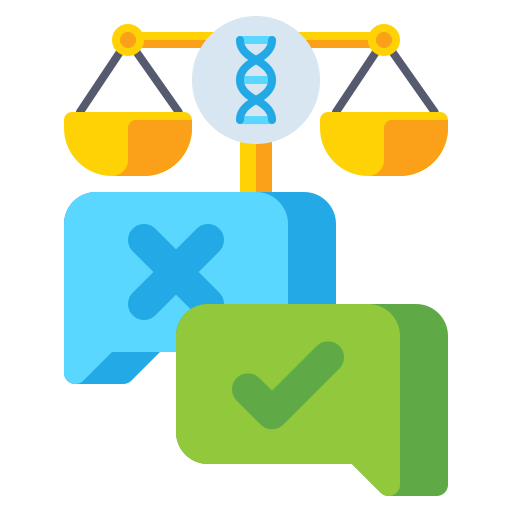Ethical Issues with vaccines: Adult Population
Introduction
Vaccines have been hailed as one of the greatest achievements of modern medicine. They have been instrumental in preventing and eradicating numerous diseases, saving millions of lives worldwide. However, despite their undeniable benefits, vaccines have also been the subject of ethical debates and controversies, particularly among the adult population. This paper aims to explore the ethical issues with vaccines among the adult population, including the right to refuse vaccination, the use of vaccine mandates, and the distribution and access of vaccines.
Ethical Issues with vaccines among the Adult Population
Right to Refuse Vaccination
One of the most significant ethical issues with vaccines among the adult population is the right to refuse vaccination. In most countries, individuals have the right to make decisions about their own healthcare, including whether or not to receive vaccinations. This right is based on the principle of individual autonomy, which holds that individuals have the right to make decisions about their own bodies and health without interference from others.
However, the right to refuse vaccination can also pose a threat to public health. Vaccines work by providing immunity to individuals, but they also create herd immunity, which protects vulnerable individuals who cannot receive certain vaccines. When a significant number of people in a community are vaccinated, it becomes difficult for a disease to spread, effectively protecting those who are not vaccinated. This concept is particularly important in the adult population, as many adults may not have received certain vaccines during childhood or may have weakened immune systems due to age or underlying health conditions.
The right to refuse vaccination becomes even more complicated in the face of a public health crisis, such as a pandemic. During these times, the individual’s right to make decisions about their own healthcare may conflict with the need to protect the larger community. For example, during the COVID-19 pandemic, some individuals may choose not to get vaccinated, which can lead to the spread of the virus and put others at risk. This raises questions about the balance between individual rights and the greater good.
Vaccine Mandates
Another ethical issue that arises with vaccines among the adult population is the use of vaccine mandates. Vaccine mandates are policies that require individuals to receive certain vaccinations before participating in certain activities or accessing certain services. For example, some countries have implemented vaccine mandates for healthcare workers, requiring them to receive the influenza vaccine to protect themselves and their patients. Similarly, universities and schools may require students to be vaccinated against certain diseases before attending classes.
While vaccine mandates can be an effective way to increase vaccination rates and protect public health, they also raise ethical concerns. Some argue that vaccine mandates violate an individual’s right to make decisions about their own healthcare and can be seen as a form of coercion. Additionally, vaccine mandates may disproportionately affect marginalized communities who may have less access to healthcare and may be hesitant to receive vaccines due to historical injustices and discrimination within the medical system.
Distribution and Access of Vaccines
The distribution and access of vaccines are also significant ethical issues that impact the adult population. Vaccines are often expensive and may not be easily accessible to everyone, particularly in low-income countries. This can create inequities in healthcare, as those who can afford vaccines may receive protection against diseases, while those who cannot may be left vulnerable.
Furthermore, the distribution of vaccines can also raise questions about global justice and the responsibility of more affluent countries to provide vaccines to those in need. During the COVID-19 pandemic, there have been concerns about wealthy countries hoarding vaccines, while poorer countries struggle to access them. This raises ethical concerns about fairness and the moral responsibility of countries to ensure equitable distribution of vaccines.
Conclusion
In conclusion, vaccines have been a crucial tool in preventing and eradicating diseases, but they also present ethical issues with vaccines among the adult population. The right to refuse vaccination, the use of vaccine mandates, and the distribution and access of vaccines are all complex ethical issues that need to be carefully considered. While individual rights and autonomy should be respected, they must also be balanced with the need to protect public health. Additionally, efforts should be made to ensure equitable access to vaccines, both domestically and globally. Only by addressing these ethical issues with vaccines can we continue to harness the benefits of vaccines while also upholding moral principles and promoting the greater good.









